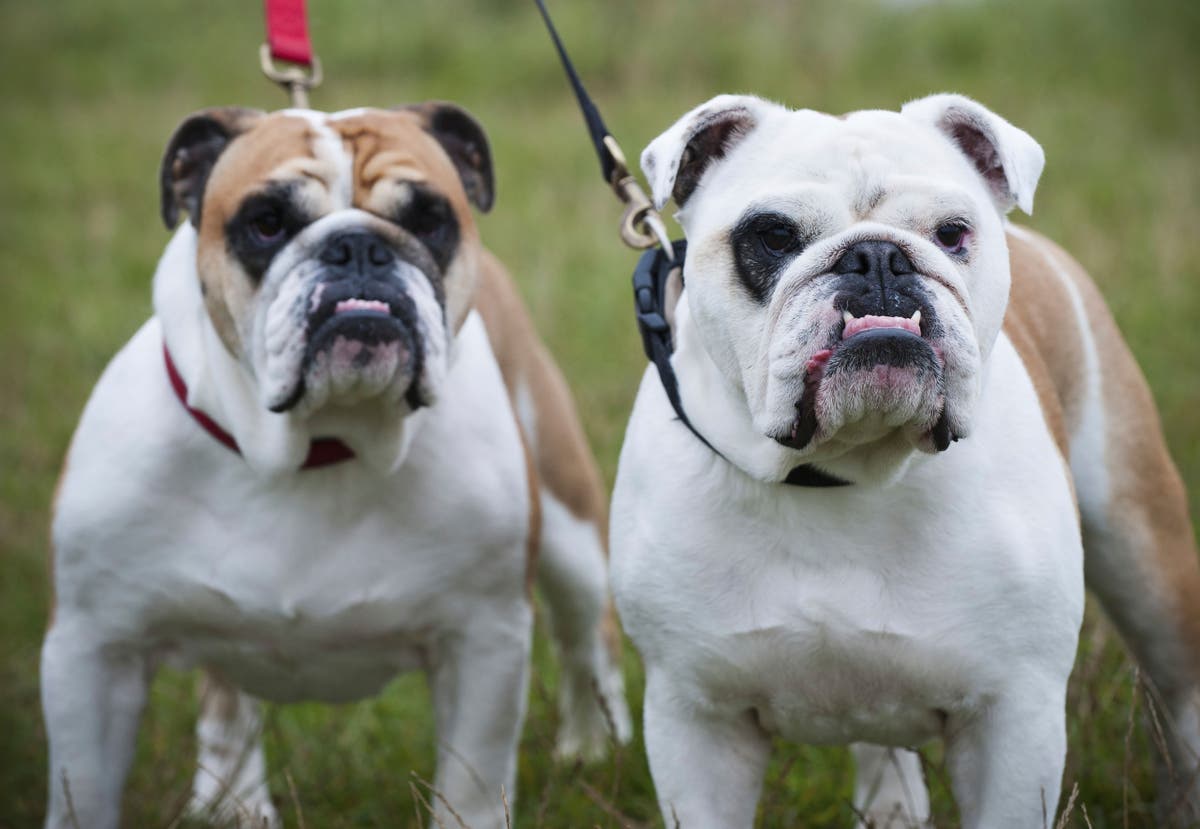Thinking of getting a dog or cat from a breeder, but want to know more about who you’re buying from?
Animal welfare advocates and a group of Minnesota lawmakers are pushing for a bill this legislative session to make it easier for would-be pet buyers to get more information about breeding operations by making state inspection data public.
Information like the number of animals a breeder raises, the health of animals, and facility conditions are found in state inspection reports, but state law currently keeps that information private.
If the bill became law, the state Board of Animal Health would publish the information online and keep a list of breeders in good standing, and breeders would have to include their license numbers in advertising.
Privacy of inspection records
State Rep. Mike Freiberg, DFL-Golden Valley, and Sen. Bonnie Westlin, DFL-Plymouth, are sponsoring the legislation to make breeder data public. On Wednesday they held a Capitol news conference with the Animal Humane Society – and a few puppies and kittens – to back the change. Later in the day, it got its first Senate hearing.
“We know that those who are purchasing and adopting pets are bringing a family member into their home,” Westlin said. “I know most of us would like to know where our pets have come from, in particular, what the circumstances were that they were born and raised in, and this will provide transparency.”
Since 2014, Minnesota law has required licensing and inspections for the commercial breeding business. Breeders with 10 or more adult dogs or cats who produce five or more litters of puppies or kittens a year have to register with the Minnesota Board of Animal Health.
In that bill, breeders were able to maintain the privacy of the inspection records, something the Animal Humane Society says is different from many other industries in Minnesota. Regulators like the Board of Barber Examiners and Board of Accountancy, they say, must publish the names of licensees and violations on their websites.
There have been more than 47 violations issued to Minnesota’s 100 licensed breeders in the last five years, Westlin told the Senate Agriculture Committee on Wednesday, but consumers can’t see which breeders had violations, what kinds of violations they had, and how they were addressed.
The AHS also says breeders try to hide the scale of their operations by not disclosing the number of animals they have. Some, but not all, breeders in Minnesota are regulated by the U.S, Department of Agriculture and one reported 885 dogs and puppies in 2023.
Breeders oppose legislation
Pet breeders oppose the legislation. In a letter to the Senate Agriculture Committee, the Minnesota Pet Breeders Association said breeders shouldn’t have to share information on the location of their facilities or the identity of their customers.
The association also said it is not comfortable with animal welfare and shelter groups who are “generally opposed to the intentional breeding of pets” and claimed the legislation is aimed at curbing competition from breeders. They also say the bill applied unfair standards to breeders versus other organizations that provide pets.
“This bill would be a great disservice to the public by inviting individuals and groups opposed to pet breeding or animal ownership to interfere with professional and hobbyist breeders who are raising happy, healthy puppies in the manner required by law,” said Elaine Hanson, a lobbyist with the group.
The Animal Humane Society says it supports “reputable breeders and responsible breeding of companion animals,” though encourages caution as they say some breeding facilities are inhumane.








